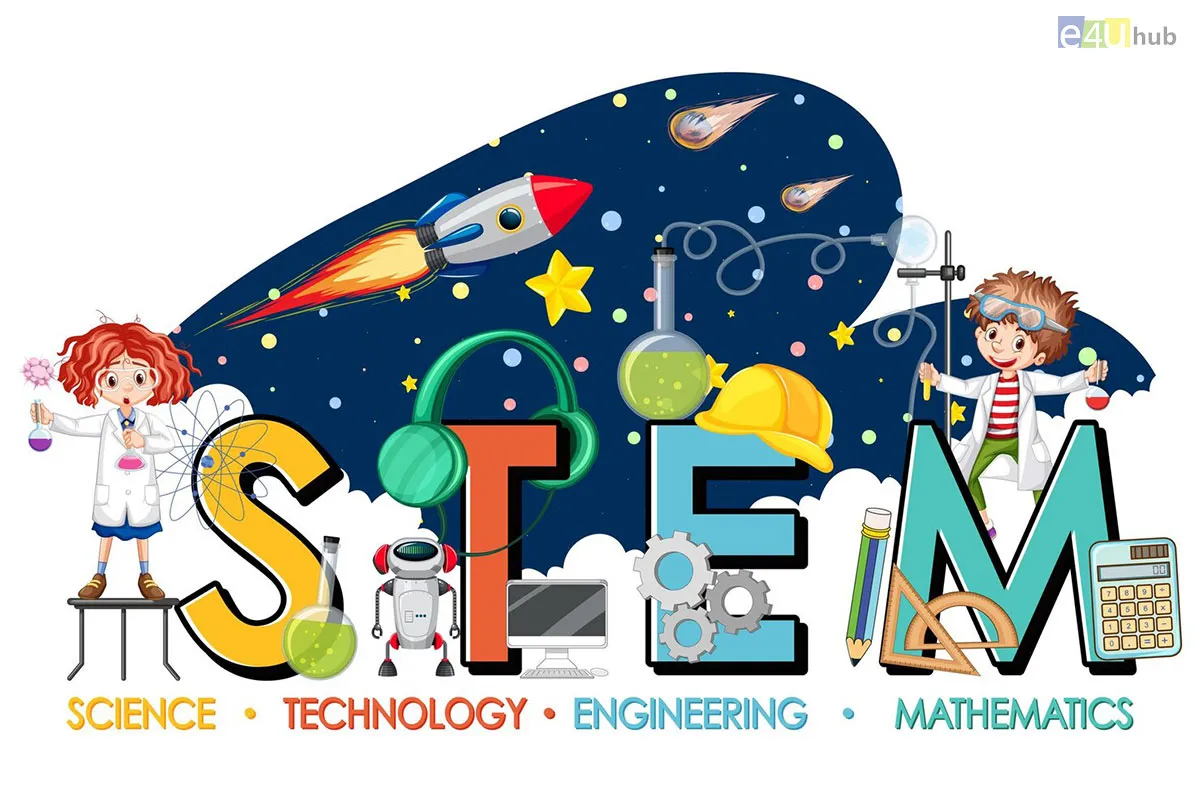
Understanding The Importance Of Early Childhood Education
- 18 Mar, 2024
- Education
- 832 Views
- 0 Comments
In the journey of human development, early childhood stands as a critical phase where the foundation for future learning, behavior, and health is laid. It's during these formative years that children absorb information like sponges, and the quality of their early experiences profoundly shapes their lifelong trajectories. In this blog post, we'll explore the importance of early childhood education (ECE) and why investing in the early years is crucial for individual growth and societal progress.
1. Building Strong Foundations
Early childhood education provides the building blocks for all future learning. Through play-based activities, interactive experiences, and age-appropriate curriculum, children develop essential cognitive, social, emotional, and physical skills that form the basis for academic success and personal fulfillment. From language acquisition to problem-solving abilities, the early years are a critical period for brain development, and quality ECE programs offer the stimulation and support needed to maximize children's potential.
2. Fostering Social and Emotional Development
In addition to academic skills, early childhood education plays a vital role in fostering social and emotional development. Through interactions with peers and caregivers, children learn valuable social skills such as cooperation, empathy, and communication. They also develop emotional resilience and self-regulation skills, essential for navigating life's challenges and building healthy relationships. By creating a nurturing and supportive environment, ECE programs lay the groundwork for positive mental health and well-being throughout life.
3. Closing the Opportunity Gap
Access to quality early childhood education is essential for individual development and promoting equity and social justice. Research has shown that children from disadvantaged backgrounds often lack access to high-quality ECE programs, putting them at a disadvantage from an early age. By investing in early childhood education, we can help level the playing field and ensure that all children have the opportunity to thrive, regardless of their socioeconomic status or background.
4. Promoting Lifelong Learning
The benefits of early childhood education extend far beyond the preschool years. Children who participate in high-quality ECE programs are more likely to succeed academically, graduate from high school, and pursue higher education or vocational training. They also exhibit higher levels of school readiness, curiosity, and enthusiasm for learning, setting them on a trajectory of lifelong learning and personal growth. By instilling a love of learning from an early age, ECE programs lay the foundation for future academic and professional success.
5. Strengthening Families and Communities
Early childhood education is not just about children – it's also about supporting families and strengthening communities. High-quality ECE programs provide parents with valuable resources, support, and guidance, empowering them to be active participants in their child's education and development. Additionally, ECE facilities serve as hubs for community engagement, bringing families together and fostering a sense of belonging and connection. Investing in early childhood education can build stronger families, stronger communities, and a brighter future for all.
In conclusion, early childhood education is a wise investment in the future – one that yields dividends for individuals, families, and society as a whole. By providing children with the tools, experiences, and support they need to thrive, we can unlock their full potential and build a more prosperous and equitable world for generations to come. As the saying goes, "The future of the world is in my classroom today." Let's ensure that every child has the opportunity to reach their full potential and contribute to a brighter tomorrow.














Leave a Reply